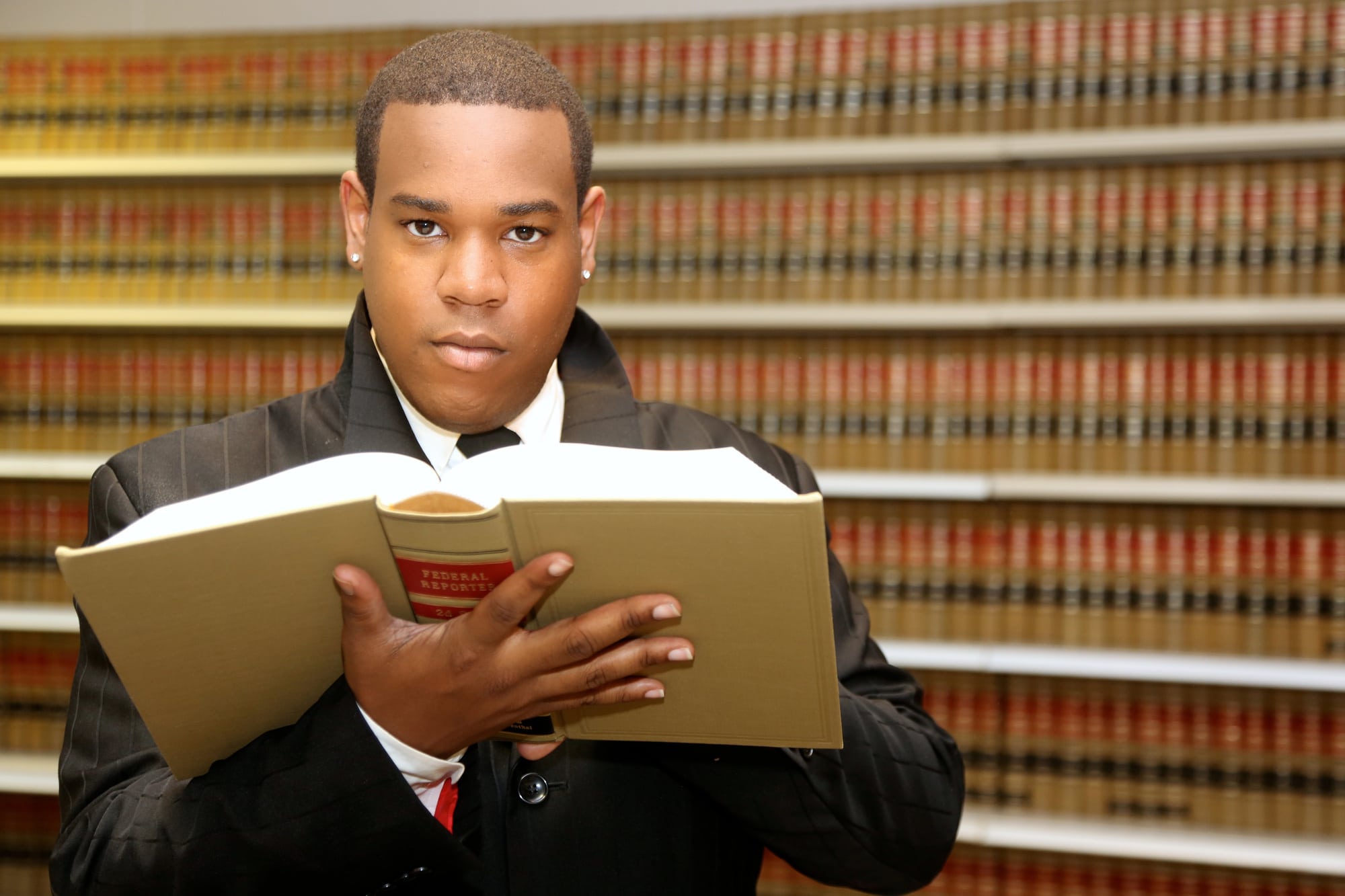In the criminal justice system, bail bond agents have their place to help their clientele get out of jail before the trial. If you are considering becoming a bail bondsman in South Carolina, you need to understand that in the competitive business landscape, establishing a rock-solid presence is vital for success, and the bail bond niche is no exception. With numerous agents vying for client attention, if you want to stand out and attract clients, here are some effective strategies you can follow.
Identifying Your Unique Selling Proposition (USP)
What do you offer as a bail bond agent that other firms cannot? If you want to thrive in the bail bond industry and stand out from the crowd of your competitors, having a Unique Selling Proposition (USP) is indispensable. Your USP sets you apart from competitors and gives clients a compelling reason to choose your services over others. It could be anything from exceptional customer service to innovative payment plans or specialized expertise in certain cases.
Leveraging Technology for Convenience
In today’s digital age, leveraging technology can be a game-changer for branding in the bail bonds market. Instead of relying on conventional marketing methods and operation protocols, you can offer online applications, electronic signatures, and mobile-friendly platforms that can enhance convenience for clients to streamline the bail process. In addition, you can also invest in digital marketing channels such as social media, search engine optimization (SEO), and pay-per-click (PPC) advertising to increase brand visibility and attract a wider audience.
Providing Exceptional Customer Service
Providing exceptional customer service can be a powerful branding strategy in a service-oriented industry like bail bonds. From the initial consultation to the case resolution, every client interaction should be characterized by professionalism, empathy, and efficiency. Going the extra mile to assist clients with their needs and concerns can help foster trust and loyalty, ultimately contributing to a strong brand reputation.
Focusing on Transparency and Integrity
Transparency and integrity are integral to a strong bail bond brand. Being upfront about fees, terms, and conditions and ensuring clients fully understand their obligations can build trust and credibility. Avoiding misleading tactics or unethical practices will protect your brand reputation and attract clients who value honesty and integrity.
Conclusion
Well, bail bond agents play a substantial role in the criminal justice system. At times when the bail amount is set unreasonably higher by the court, bail bondsmen help the defendants secure their release without any financial constraints. Besides, bail bond agents help avoid overcrowding in jails as they help defendants stay out of law enforcement facilities before their trial. Wondering how to become a bail bondsman or need help or supportive strategies when you become a bail bondsman in SC? Well, you can join the allegiance of seasoned and skilled bail bond agents at Amistad Bail Bonds and Associates and build a robust brand for yourself in the industry!












